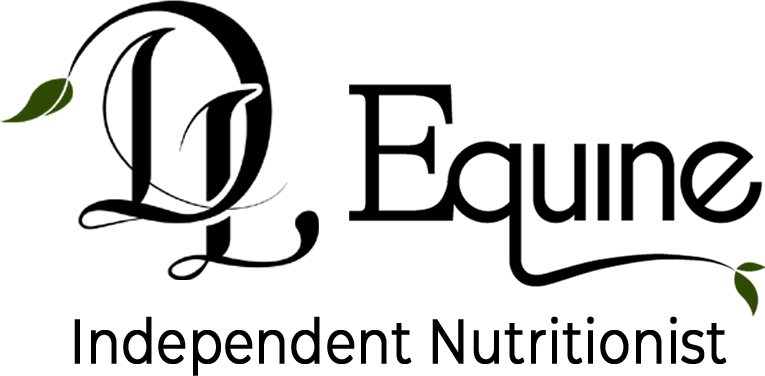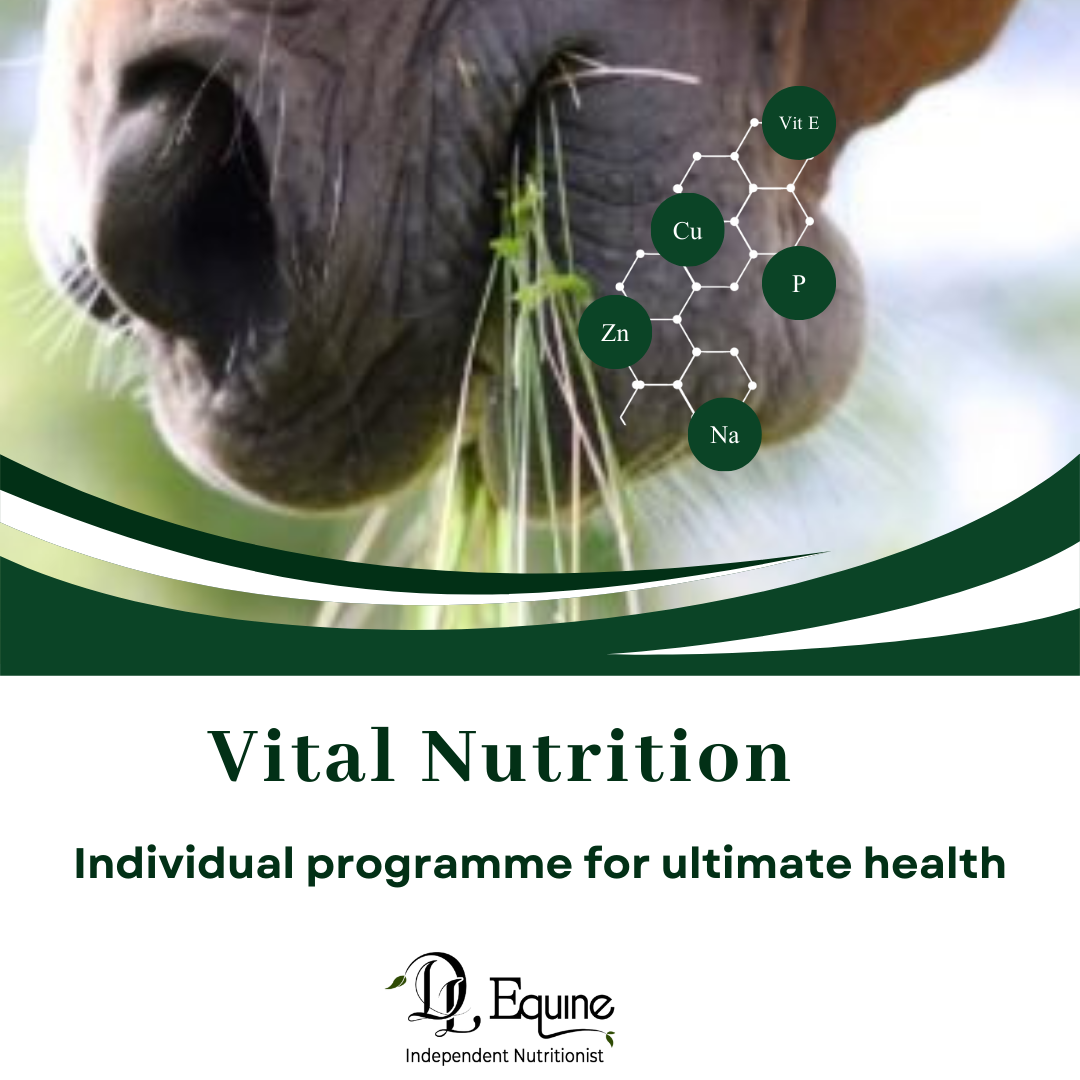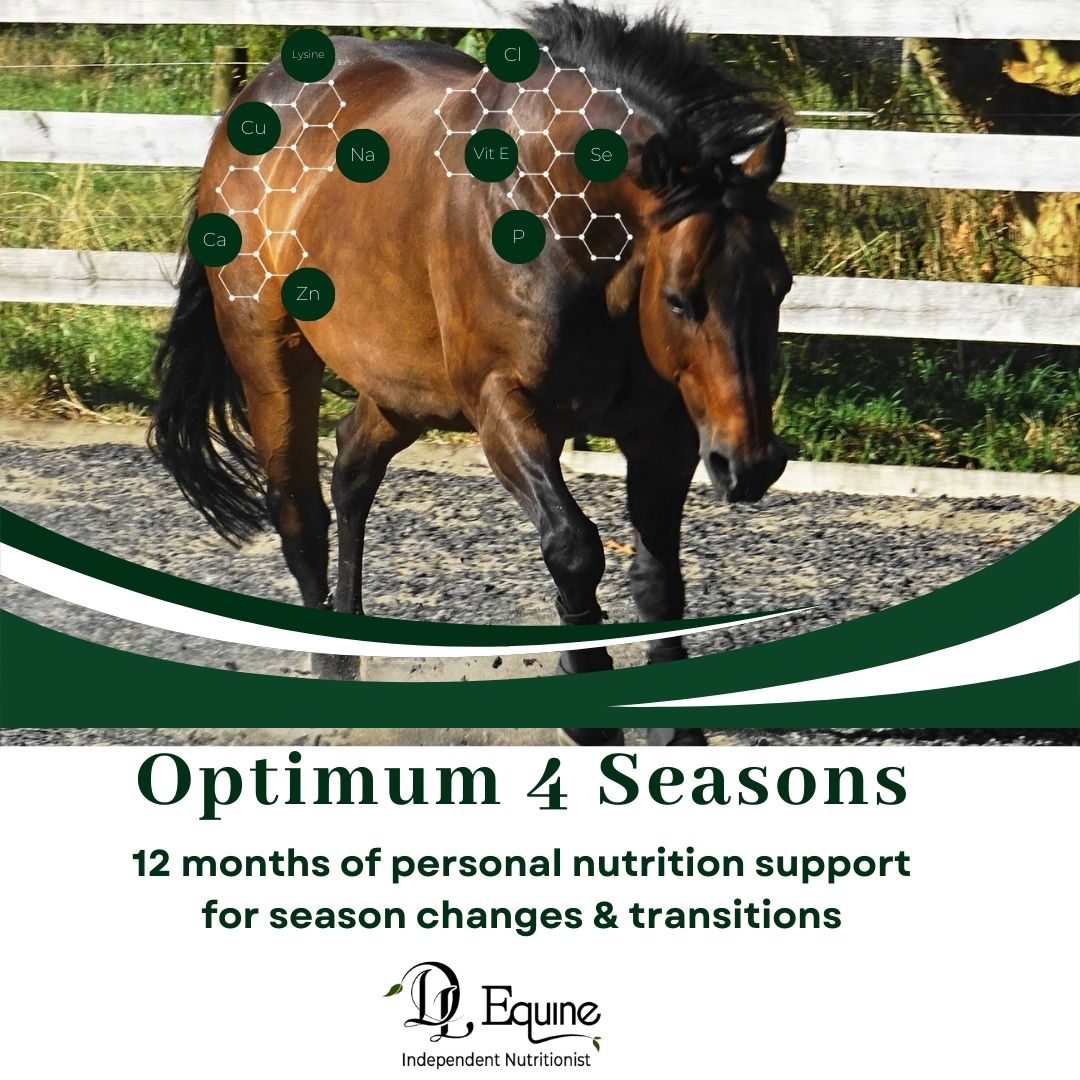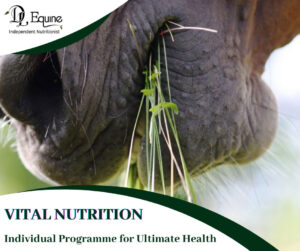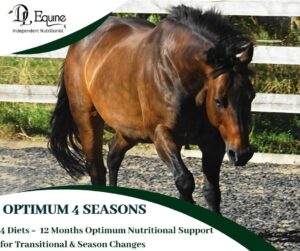Has your horse had an illness that you have had the vet out for multiple times? The vet has done their absolute best but things still are not right? You have tried the course of conventional drugs but nothing is working?
You don’t really know what’s wrong but your heart is breaking for horse you adore but can’t fix?
It’s time to try Equine Herbal Medicine.
As a science educated person (with a science degree and postgraduate, multiple post grad certificates and qualifications) I often as myself why exactly herbs work so effectively for horses?
I believe the answer lies in the fact that their gut is of course designed to eat plants! They are selective grazers when given opportunity will choose what they need, herbs and plants.
Herbal medicine remains the oldest and most used form of medicine on the planet today. The goal of herbal medicine is prevention as well as cure.
Preventative and Therapeutic Nutrition- Nutrients:
Nutrients contained in herbs and plants diet can affect a number of cellular metabolic mechanisms that are common in the pathogenesis of chronic diseases for example: inflammation, cell-proliferative responses, and cell-signalling pathways, each potentially important in the pathogenesis of cancer, atherosclerosis, and diabetes, can all be affected by different dietary fatty acids.
Preventative nutrition can halt or slow the progress of disease (if possible) in its earliest stages; in the case of injury, goals include limiting long-term disability.
Therapeutic Nutrition is defined as the use of nutrients, such as vitamins, minerals, amino acids, essential fatty acids, co-factors, enzymes, anti-oxidants, and phytonutrients, to support the body’s immune and healing systems, thereby altering the course and outcome of a disease process.
It focuses on metabolic and physiological effects of foods on the body’s healing and immune systems.
Unlike drugs, nutritional products are not designed to address symptoms or diseases, they are designed to “feed” and “fuel” the cells of the body, using or calling upon the cells’ inherent ability to heal and achieve wellness.
The goals of therapeutic nutrition fall within 3 broad categories, which directly help to enhance wellness.
• The supply of appropriate, bioavailable nutrients
• The reduction of inflammation
• The enhancement of elimination of toxins
Therapeutic diets using plants and natural ingredients are formulated to treat disease or metabolic disorders in horses.
Herbs:
Herbs contain a complex range of naturally occurring vitamins, minerals and chemicals (phytochemicals) that have a unique biological activity.
Many of our modern pharmaceutical drugs come from isolating the unique compounds found in herbs. A great example is the common human painkiller aspirin: this has been developed specifically from the chemical found in the willow tree which is salicylic acid.
The difference when using a herb is that you get no potentially nasty side effects of single drugs and all the benefits of combining all the effective compounds held in the whole plant.
AS an example in the long-term use of NSAID for pain relief such as Phenylbutazone (Bute) there can be side effects of the drug which can be very harmful to the horse. The most important ones affect the gastrointestinal tract and occasionally the urinary tract. This drug acetylsalicylic acid containing the salicylates in isolation can cause the gastric bleeding.
However, the long-term use of Meadowsweet for equine pain relief has so far proven extremely safe. Meadowsweet contains salicylic acid which has the anti-inflammatory effects but when given as a whole plant extract these are balanced out with the other ingredients contained in the plant. The result is the complete opposite effect of actually healing gastric bleeding and ulceration!
Please note that the short-term use of bute is most definitely required in many cases.
Many of these compounds are Phytochemicals which are non-nutritive plant chemicals that have protective or disease preventive properties.
They are non-essential nutrients, meaning that they are not required by the human body for sustaining life. It is well-known that plants produce these chemicals to protect themselves but recent research demonstrates that they can also protect against diseases.
There are more than thousand known phytochemicals. Some of the well-known phytochemicals are lycopene in tomatoes, isoflavones in soy and flavanoids in fruits. Rosehips have a well-deserved reputation for providing a natural source of Vit C.
Most phytochemicals have antioxidant activity and protect our cells against oxidative damage and reduce the risk of developing certain types of cancer.
Phytochemicals with antioxidant activity: allyl sulphides (onions, leeks, garlic), carotenoids (fruits, carrots), flavonoids (fruits, vegetables), polyphenols (tea, grapes).
The Horse Diet Today:
As our horses today still have the same instincts and genetic structure as their wild ancestors we can and should utilize the natural properties of plants and herbs in their diets in order to provide excellent basic nutrition.
As we know that the modern horse proliferated in the wild for thousands of years by self-medicating on a wide variety of herbs, these same herbs and natural diet can be used in a preventative manner to maintain health and increase immunity.
This increase in immunity through a natural diet of access to good pasture, herbs, organic feeds such as grains and roughage will result in better digestive physiology. That is better absorption of available nutrients. As excess feeding of sugars, proteins and grains and synthetically manufactured minerals and vitamins will unbalance metabolism in the horse.
This vital nutrition diet can prevent disease and also alleviate or cease current health problems, resulting in a decrease in veterinary bills, increase in health and vitality, increased performance, our horses can live longer and have extended riding careers.
As a result of a decrease in unneeded over supplementation (a worldwide fad) and feeding there is the ability to easily customize each horses diet depending on its needs at any particular time, as every horse, like all animals, are individual and different.
Overall, this leads to a decrease in feed bills and costs whether a person owns one horse or many.
By using quality fresh, non-synthetic feeds horse owners can be certain of exactly what their horse is eating and this natural diet puts us in the powerful holistic position of preventing disease from occurring rather than being the ‘backup ambulance waiting at the bottom of the cliff’ after disease has occurred.
ALWAYS obtain your horses herbs from a equine qualified herbal practitioner! Many herbs are the basis of modern drugs as mentioned earlier, therefore they contain drug-like components, many of them have the ability to become toxic if fed in the incorrect amount for the wrong reason.
As a qualified practitioner, I can prescribe high potency practitioner only herbal extracts. These are liquid extract forms of the herbs of human medicinal quality, with guaranteed provenance, that are quickly absorbed into the blood stream without having to go through the digestive system.
I prescribe the most effective specific herbs, which work together, to treat each individual disease, illness and injury.
Dosage methods are non-invasive, as they’re offered orally and quickly accepted by horses. As well as being a more powerful form of herbal treatment, liquid herbal extracts have a longer shelf life (around four years) than dried herbs (around two years).
Herbal treatments typically last for one to three months. For some conditions that need to be managed rather than healed, like osteoarthritis, treatment is ongoing. Herbal extract dosages are usually a very small amount of 5-10 ml per dose, and most horses get used to their herbal treatment quickly.
Feed Herbs they WORK!
Dale Logan BSc, Post Grad Dip, Equine Nutrition
• Qualified Equine Herbal Practitioner – Victoria Ferguson School of Equine Herbal Medicine (Australia)
• Certificate in Herbal Medicine for Horses – National College of Traditional Medicine (Australia).
